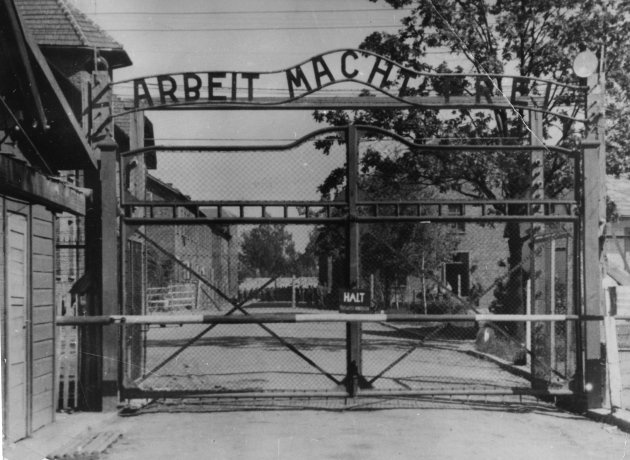
"This is a major step," said Efraim Zuroff, the head Nazi hunter at the Simon Wiesenthal Center in Jerusalem, when told of the arrests. "Given the advanced age of the defendants, every effort should be made to expedite their prosecution."
Ukrainian-born Demjanjuk was the first person convicted in Germany solely on the basis of serving as a camp guard, with no evidence of involvement in any specific killing.
Munich prosecutors successfully argued that anyone who was involved in operating a death camp was an accessory to murder. Demjanjuk maintained he had been mistaken for someone else and never served as a guard.
Following the Munich precedent, Germany's special federal prosecutors' office responsible for investigating Nazi war crimes announced in September it was recommending charges against about 30 suspected former Auschwitz guards. State prosecutors since have worked to build cases.
The three men arrested, aged 88, 92 and 94, all live in state of Baden Wuerttemberg in southwest Germany. They were taken to a prison hospital, Stuttgart prosecutors' spokeswoman Claudia Krauth said.
Krauth said officials had yet to uncover enough evidence to merit the arrests of three other suspects aged 94, 91 and 90.
She said authorities seized "diverse papers and documents from the Nazi era" from the suspects' homes. She declined to provide details.
Five men made no statements, while the 88-year-old admitted being a guard at Auschwitz but denied committing any crimes, Krauth said.
Prosecutors in Frankfurt said more documents and photographs were seized during raids on the homes of two men aged 89 and 92 in the neighboring state of Hesse. A spokeswoman, Doris Mueller-Scheu, said neither suspect was arrested nor made statements.
In North Rhine-Westphalia, state police said they raided the apartment of a 92-year-old man who admitted being an Auschwitz guard but denied participating in any crimes. They found no incriminating material during the search.
The Nazis built six main death camps, all in occupied Poland: Auschwitz, Belzec, Chelmno, Majdanek, Sobibor and Treblinka.
About 1.5 million people, primarily Jews, were killed at Auschwitz from 1940 to 1945. Overall, about 6 million Jews died in the Holocaust.
Since handing off the Auschwitz cases to state prosecutors, federal authorities say they are focusing on identifying guards from other camps, starting with Majdanek. Results of that investigation are expected in a few months.
'We Don't Pursue Nazis, We Pursue Murderers'
by Benjamin Schulz


No comments:
Post a Comment